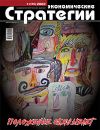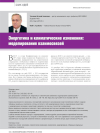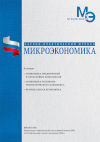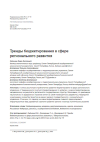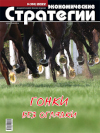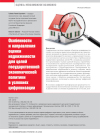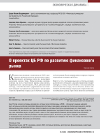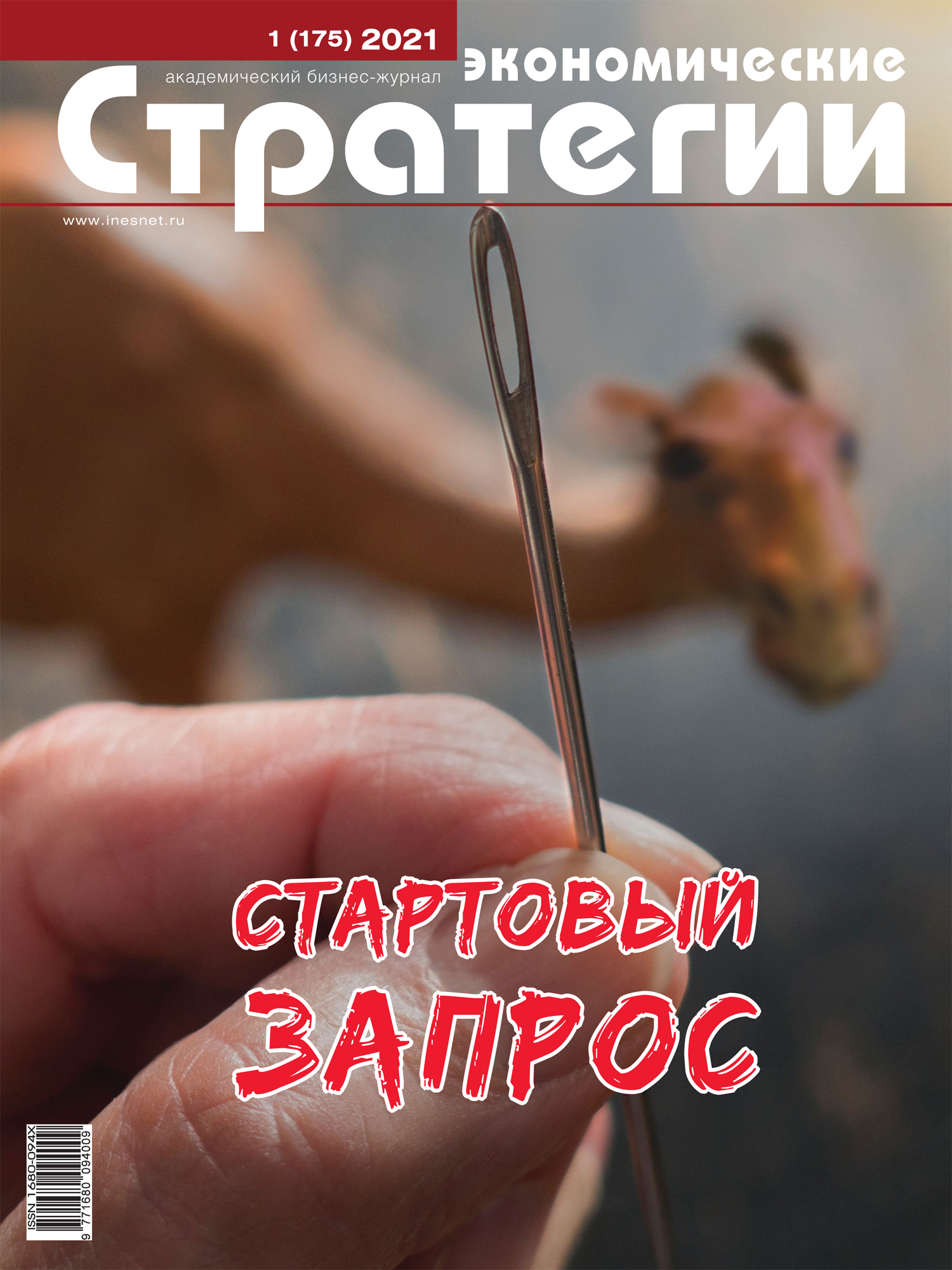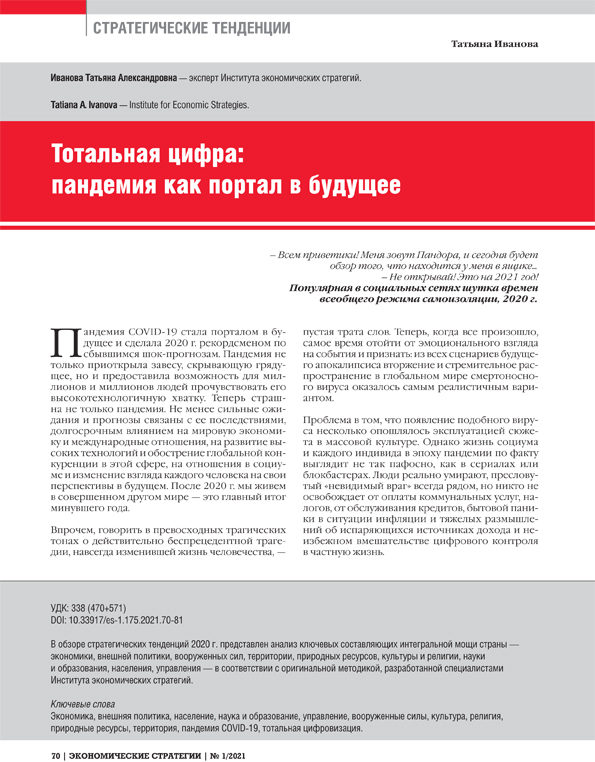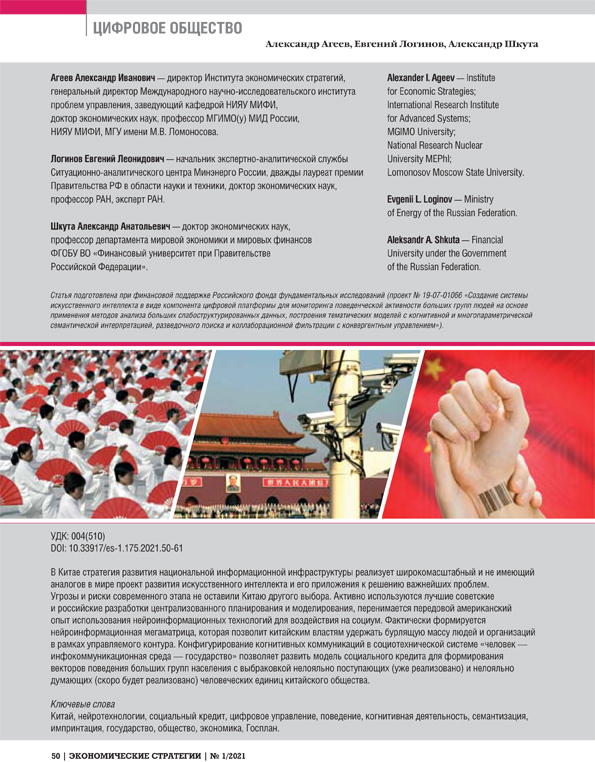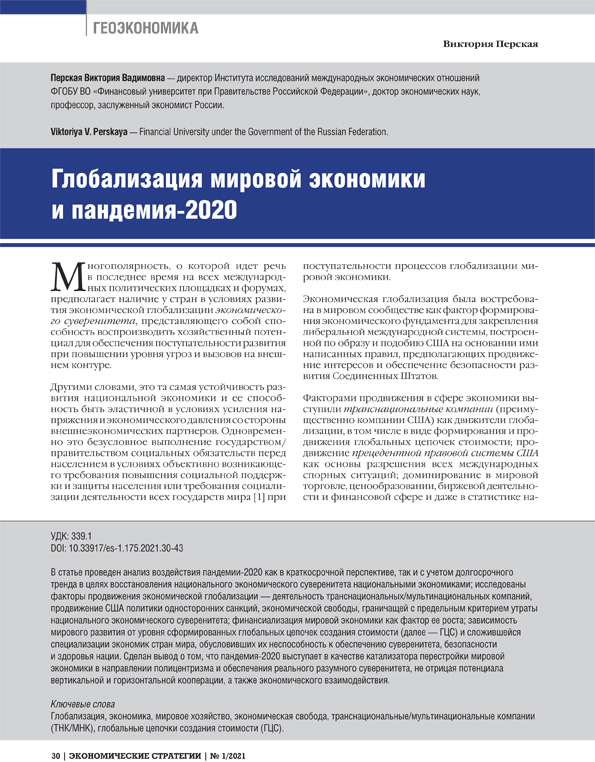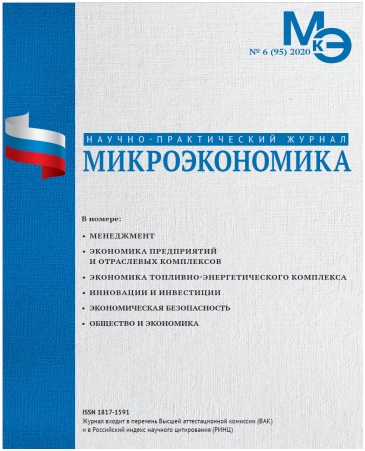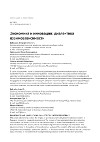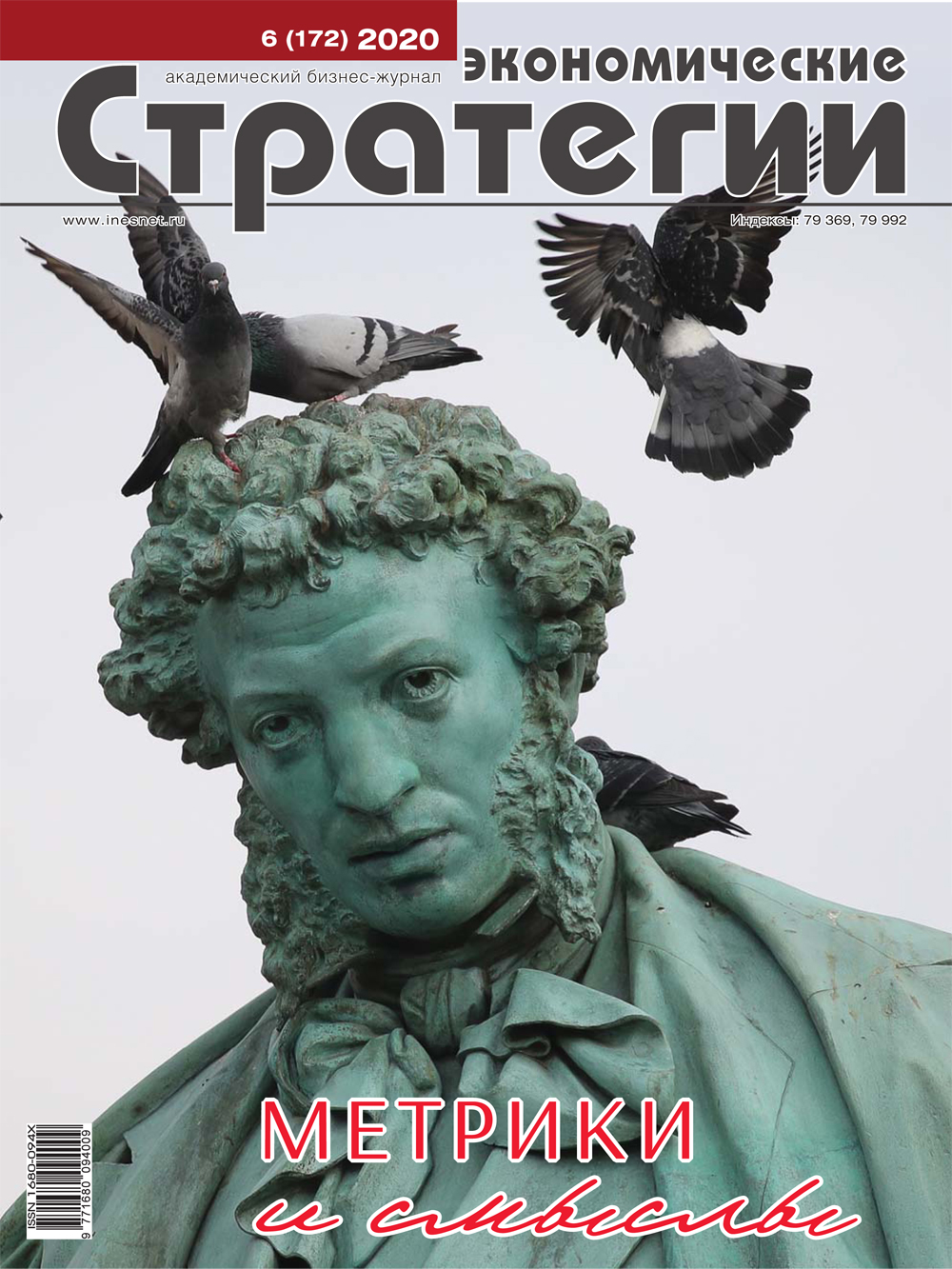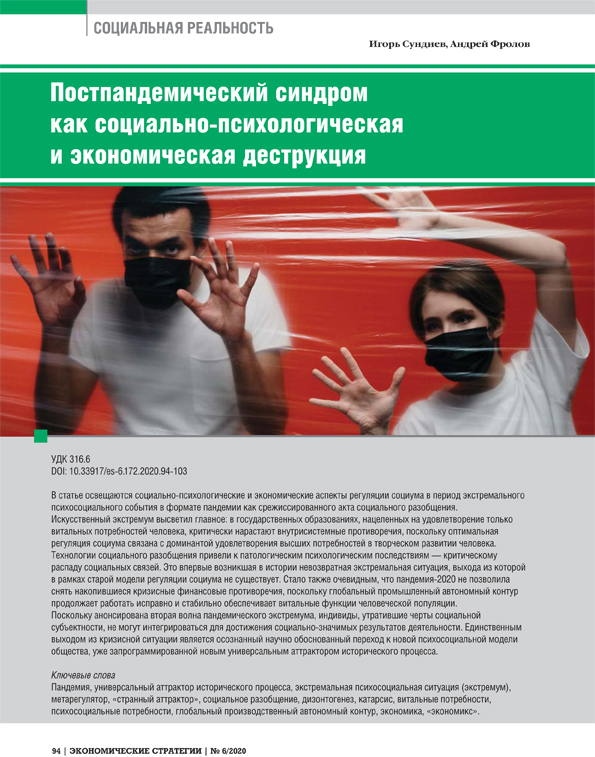Cooperative (Moral) Economy
DOI: 10.33917/es-6.192.2023.120-133
The authors examine the reasons, prerequisites and ways of addressing such problem as the creation in Russia of a cooperative (moral/ethical) economy sector based on the principles of justice, equal opportunities and conservative ethical standards.
References:
1. Toshchenko Zh.T. Prekariat. Ot protoklassa k novomu klassu [Precariat. From Protoclass to New Class]. Institut sotsiologii FNISTs RAN, RGGU. Moscow, Nauka, 2018, 346 p.
2. Tezaurus sotsiologii: temat. slov.-sprav. [Thesaurus of Sociology: Thematic Dictionary-Reference Book]. Pod red. Zh.T. Toshchenko. Moscow, YuNITI, 2009, 487 p. (Seriya “Cogito ergo sum”.)
3. Ushli v minus: skol’ko rossiiskii biznes poteryal v krizis. Po dannym upolnomochennogo po zashchite prav predprinimatelei Borisa Titova [They Went into the Red: How Much Russian Business Lost During the Crisis. According to the Commissioner for the Protection of the Rights of Entrepreneurs Boris Titov]. SBER Biznes, available at: https://www.sberbank.ru/ru/s_m_business/pro_business/poteri-rossijskogo-biznesa-ot-koronavirusa/
4. Doklad Prezidentu RF — 2021 upolnomochennogo pri Prezidente RF po zashchite prav predprinimatelei Borisa Titova [Report to the President of the Russian Federation — 2021 by the Commissioner under the President of the Russian Federation for the Protection of the Rights of Entrepreneurs Boris Titov], available at:
http://doklad.ombudsmanbiz.ru/doklad_2021.html
5. Katasonov V.Yu. O pravoslavnykh bankovskikh utopiyakh [About Orthodox Banking Utopias]. Omiliya, 2015, 4 yanvarya, available at: https://omiliya.org/article/o-pravoslavnykh-bankovskikh-utopiyakh-valentin-katasonov?ysclid=llc2vf7phn421883288
6. Zhuravlev A.Yu. Islamskii banking [Islamic Banking]. Institut vostokovedeniya RAN. Moscow, Sadra, 2017. (Ekonomika i pravo.)
7. Analiz razmera i doli islamskogo finansovogo rynka: Tendentsii rosta, vozdeistvie COVID-19 i prognozy (2023–2028) [Islamic Financial Market Size and Share Analysis: Growth Trends, COVID-19 Impact and Forecasts (2023–2028)]. Mordor Intelligence, available at: https://www.mordorintelligence.com/
ru/industry-reports/global-islamic-finance-market
8. Mezhdunarodnyi kooperativnyi al’yans [Website], available at: https://www.ica.coop/en/cooperatives/cooperative-identity
9. Katasonov V.Yu. Ekonomicheskaya teoriya slavyanofilov i sovremennaya Rossiya. “Bumazhnyi rubl’” S. Sharapova [Economic Theory of the Slavophiles and Modern Russia. “Paper Ruble” by S. Sharapov]. Moscow, Institut russkoi tsivilizatsii, 2014, 656 p.




